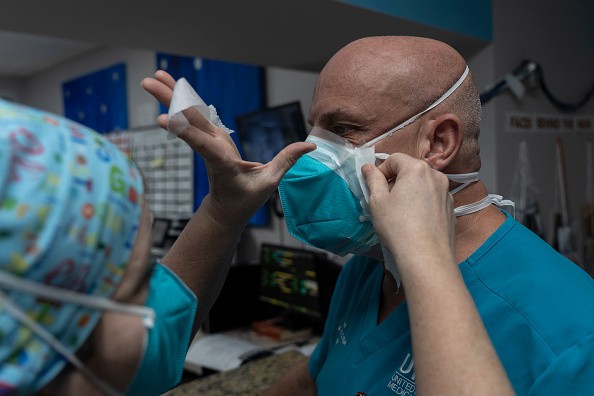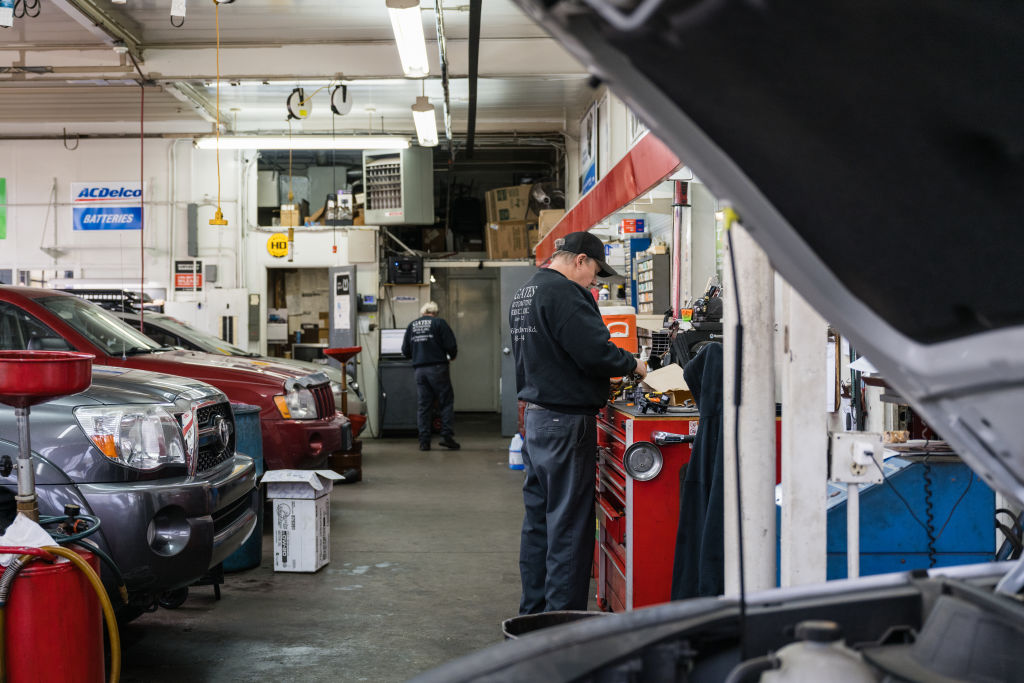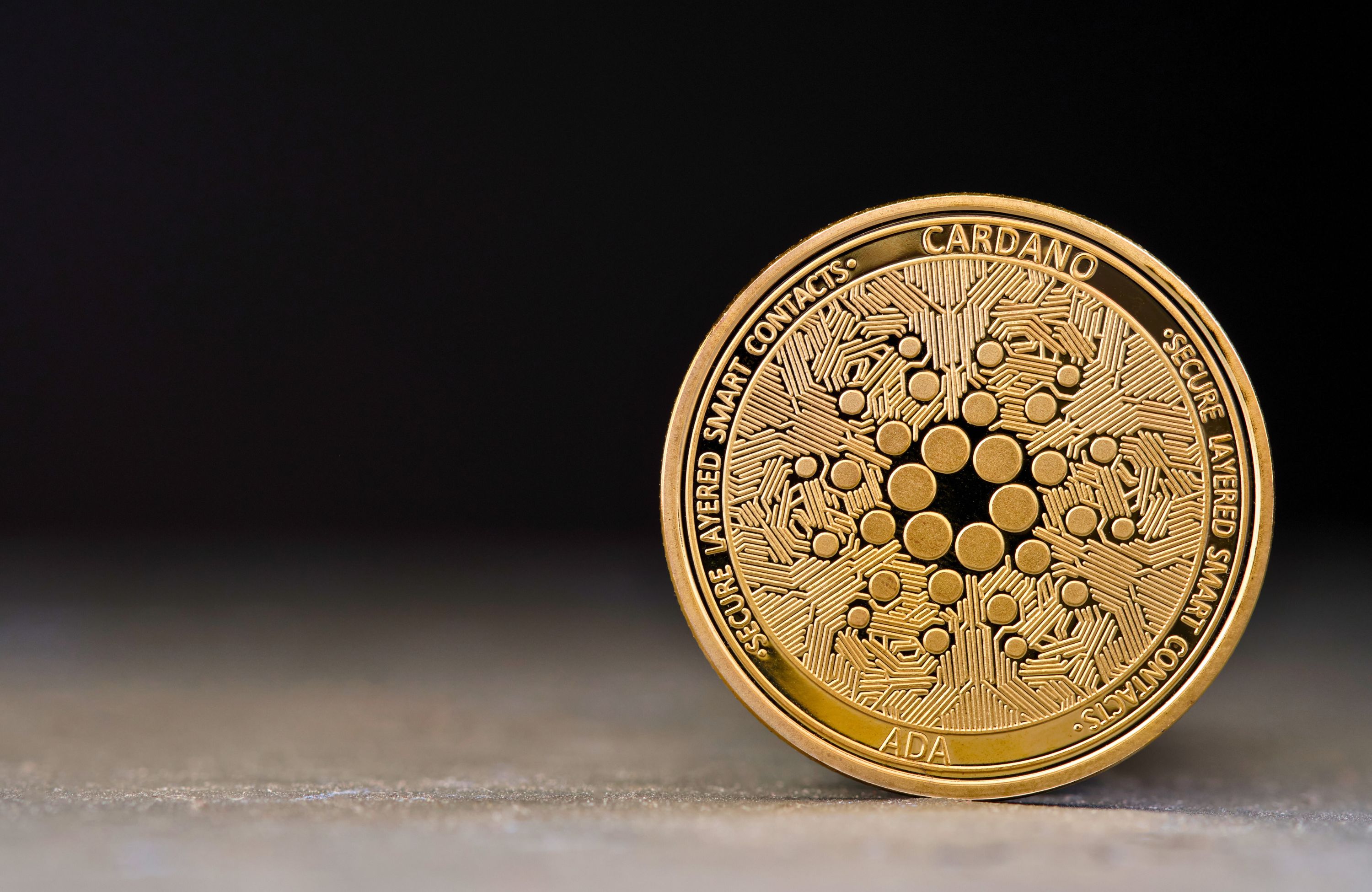Researchers Develop Reusable Mask That Kills 99.9% Bacteria Through Sunlight
By Madz D.
A reusable mask was developed by the Chemical Society of the United States, which eliminates 99.9% of bacteria through exposure from sunlight for 60 minutes.

Researchers Develop Reusable Mask That Kills 99.9% Bacteria Through Sunlight COVID-19 Intensive Care Unit Within A Houston Hospital Cares For Patients As Cases Continue To Rise HOUSTON, TX - NOVEMBER 10: (EDITORIAL USE ONLY) Medical staff members tape up the gaps on their mask before going in to the COVID-19 intensive care unit (ICU) at the United Memorial Medical Center (UMMC) on November 10, 2020 in Houston, Texas. According to reports, COVID-19 infections are on the rise in Houston, as the state of Texas has reached over 1,030,000 cases, including over 19,000 deaths.
The society says in a statement that researchers are reporting that ACS Applied Materials & Interfaces developed a special kind of cotton mask that could kill up to 99.9999% of bacteria and viruses through exposure from sunlight. Besides, they explained that the article was made with bacteria and viruses adhering to the mask in mind, which could transfer to other places when people touch or remove them from their faces.
Reactive oxygen species (ROS) will be released in the mask when exposed to daylight. ROS removes the microbes adhering to the fabric surface that is reusable and washable, as per Entrepreneur.
The society explained, "The research team discovered that a fabric designed with a dye called Rose Bengal as a photosensitizer could kill 99.9999% of bacteria added to the fabric within 60 minutes of sunlight exposure. It could also inactivate 99, 9999% of bacteriophage T7, a virus that is said to be more resistant to ROS than some COVID-19 in 30 minutes."
Read also: Paid Sick Leave Plays Important in Reducing Coronavirus Cases, Study Finds
Various cloth materials were used to make face masks that could filter nanoscale aerosol particles, including those released by sneeze or cough, potentially helping to reduce the spread of several diseases such as coronavirus.
But live viruses and bacteria on the mask's surface can still be contagious, as per the study the journal ACS Applied Materials & Interfaces published.
According to Yahoo, researchers from the University of California, Davis discovered a new cotton fabric that would release ROS when exposed to sunlight. Meaning, an individual could disinfect the mask during their lunch hour outside in the sun or stay longer under office or building lights, which is much less intense than sunlight.
The researchers made the antimicrobial fabrics by attaching positively charged chains of 2-diethyl aminoethyl chloride (DEAE-Cl) to an ordinary cloth.
The modified cotton was then dyed in a solution of a negatively charged photosensitizer- a component released by ROS when the cotton was exposed to daylight that is attached to the DEAE chains through strong electrostatic interactions.
The materials could be hand washed at least ten times, according to further testing. The researchers noted that it should also be constantly exposed to daylight for at least seven days without losing the antimicrobial activity.
The modified fabrics show promise for providing antibacterial/antiviral, reusable cloth face masks as well as protective suits, said the researchers.
Read also: Billions of Dollars in COVID-19 Relief Loans May Have Been Granted to Fraudsters, Report Finds












